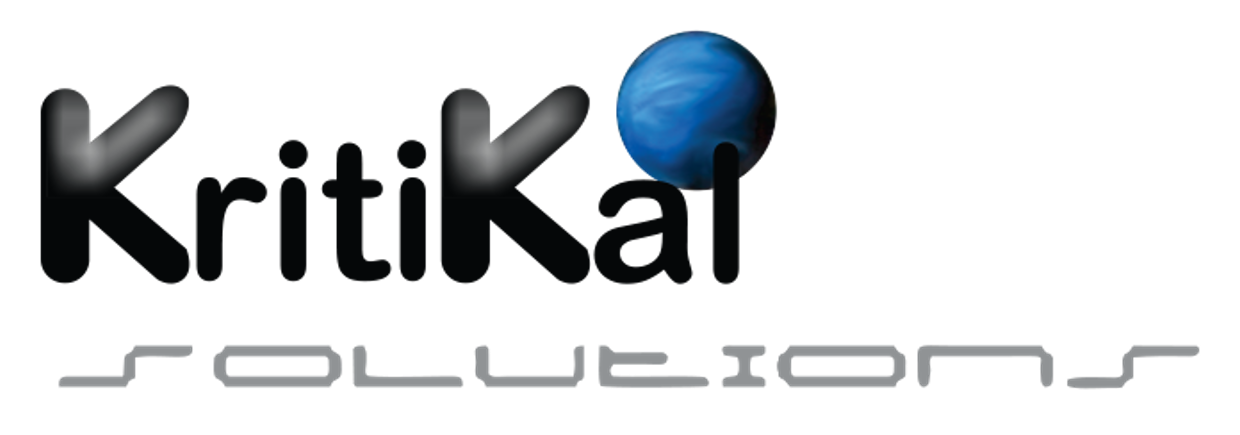Why Choose Custom App Development?
Did you know that custom application development services can boost your business’ efficiency by approximately 41%? These developments have turned digital ideas into powerful and lucrative realities all over the world. In brief, these custom-tailored apps assist in process and cost optimization, provide business performance visibility, real-time tracking and analysis for a proactive approach towards maintaining the demand and supply balance, management of orders, inventory, customers, fleet, and so on.
With technology in its booming stages, custom application development currently has a market share of USD 38.15 billion that is expected to accelerate at a CAGR of 8.5% in the period 2023-2027 [Technavio].
Moreover, market researchers have forecasted custom software development services in the USA to gain significant market share at a CAGR of 19.4% in the period 2022-2030, where the maximum growth is likely to originate from North America. Given the surging significance, it is only a matter of time that every custom application development company will be the quintessential technical core of respective industries.

Importance of Custom App Development
Even in the contemporary world, custom app development services uplift technological developments in various industries such as:
- Healthcare – Researchers forecast that these services in this industry are projected to grow at a CAGR of 37.2% and reach a market value of $64.33 billion by 2027. Major implementation of custom apps can be seen through hospital management applications, Electronic Health Records, multi-platform patient portals etc., helping medical professionals and patients across the globe.
- Defense – The custom app development market in this industry will be expected to reach a value of about $110.89 billion by 2027 increasing at a CAGR of 15.8%, where these apps would be useful for drone based real-time border and battlefield visualization, automated weapons handling etc.
- Retail – This industry showcases the maximum surge in market value through such services that is about $1.72 trillion by 2028, soaring at a CAGR of 19.3% through development of online shopping and marketplaces, AI based recommendation engines, AR based virtual try on etc.
- Automotive – $40.1 billion by 2027, CAGR: 13.1% through ADAS, Autonomous vehicle, connected cars, etc.
Talking about the Logistics industry, globalization and digitization have been the key factors in interconnecting regions through efficient supply chain monitoring techniques. Empowering this industry, bespoke software development not only assists Logistics companies in holding a competitive position in the market, but also ensures timely and hassle-free delivery, thus, creating loyal customers.
Some of the common on-demand Logistics and delivery applications that have proven to thrive businesses include Uber, DHL, FedEx, and vehicle logging apps like Scandit, Hawk-Eye, Mobile SCM, Logistmo Plus etc.
Benefits of Custom App Development in the Logistics Industry
Custom application development services provide a palette of business boosting options, such as the following:
1. Improved Efficiency and Optimization:
With a wide variety of competitive options available in the logistics market, customers are likely to select those which provide secured, yet timely deliveries. Cloud, web or mobile based custom application development assists in streamlining operations through route optimization, allocating resources and scheduling. Reducing delays can be done via push notifications and real time alerts to avoid unnecessary costs and errors while keeping all stakeholders updated about the delivery. Therefore, utilizing resources in a better way, improving delivery timing and reducing overall transportation costs.
Digitizing payments is the need of the hour for every logistics business. These services help in simplifying Transportation Protocols (such as AITP procedures), billing, issuing receipts, managing transactions done via cash, debit/credit cards, digitally (PayPal) or cheque using virtual signatures for verification. Also, monitoring and security solutions powered by computer vision play an important role for route optimization and quality check of goods. It can also be monitored digitally through registration and authorization for secure information exchange.

2. Better Visibility and Real -Time Tracking:
A lot many times, loss of track of delivery vehicles causes chaos in customer relation management. Cloud or web based platforms that showcase real time IoT-enabled GPS tracking of the vehicle or cargo under observation can avoid such incidents. Custom software can be tailored to provide real-time visibility of assets and shipments imparting transparency for both suppliers and customers. This allows better tracking, improves customer satisfaction and reduces delayed or lost shipments.
3. Inventory and Order Management:
Maintaining inventory can sometimes be a tough chore, especially during COVID-19 times. Custom designed software can provide precise management as well as tracking of inventory stock, thus, assisting logistics companies to accurately maintain required stock levels, prevent out of stock situations and reduce holding costs.
These apps can keep track of materials for stock optimization. Movement as well as quality of all materials at the warehouse and point of consumption can be tracked using barcodes, QR codes and material scanning. Automated dispatching and assigning drivers on the basis of route, volume, locations, their availability for critical tasking, effort utilization etc. is a must for optimized order management.
4. Demand Forecasting and Data Insights:
An average day in every logistics company involves intense decision making. It may sometimes be difficult to pinpoint in which division, geography, store, route etc. the business might be facing losses from or the reasons for the same. Also, the logistics industry deals with huge amounts of data with respect to transportation etc. from various sources.
Sophisticated Business Intelligence software powered by AI/ML algorithms based models can help to triangulate root causes for losses over a certain period of time as well as particularize process optimization requirements. These software can also sum up data obtained from different functional systems and provide detailed analysis for identifying patterns, thereby, improvising operations, forecasting and decision making. All the while, these software provide Dashboards that can be useful for data visualization in order to view scheduling, delivery status, locations, performance and perform cost optimization related decision making.

5. Better Customer Experience:
As it is said, it takes months to find a customer, but seconds to lose one. Customer relationship management is one of the key factors for a successful business. In order to secure such relationships, custom software can include trackers in customer portals via centrally accessible databases, personalized interactions via operators or chatbots, live updates and easy-to-use self-service platforms available for quality customer engagement, experience and satisfaction.
6. Predictive Maintenance:
This is a major competitive advantage offered by custom software development services that helps logistics companies to strategically schedule maintenance. Forecasted maintenance alerts are basically powered by IoT sensors and AI that predict faulty parts and breakdowns on the basis of real-time vehicle performance analysis.
It is useful in reducing unnecessary downtime, service disruptions and maintenance costs and thereby, promoting proper utilization of assets and productivity. The proactive approach of predictive maintenance ensures maximum resource utilization and seamless functionality, thus, revolutionizing logistics operations.

7. Fleet Management:
Since these businesses include a fleet of vehicles, it is of utmost importance to analyze the fleet’s performance to avoid last minute hassle. Such apps can be useful in calculating service cost and total ownership expenses of vehicles alongside pushing notifications for parking, surge in battery discharge, faulty parts, timely maintenance or replacement of spare parts or even vehicles as a part of dedicated fleet management.
Human error in vehicle inspection may lead to potential losses. These software applications combined with embedded and vision tech can auto-register plate number, vehicle model, description, pressure, tire tread, insurance details and wheel-alignment of dispatched, loaded, unloaded, transiting vehicles with respect to safety standards for assured delivery. Scheduled maintenance alerts can be obtained over aforementioned dashboards on Android, iOS, mobile platforms that can be integrated across various devices and systems.
How KritiKal Solutions Can Benefit You?
Such technical support and simplified user interfaces can provide an upthrust to your business’ productivity while safeguarding interests against cyber attacks, data leakages, bugs and other security vulnerabilities..
KritiKal Solutions is one such custom app development company that can assist you in discovering and achieving unparalleled success. We have been dedicatedly working for SMBs and Fortune500 companies in the Logistics industry on custom application development across various web and mobile platforms to provide them the best there is. Especially talking about KritiKal’s endeavors around custom software development in Dallas, as this region shows great potential. For example, we developed a complete Performance Analytics dashboard for a major Logistics company in the USA. Please call us or mail us at sales@kritikalsolutions.com to avail our services.

With over 15 years of work experience, Amrinder Singh is a passionate and driven Project Manager with a Professional Scrum Master certification and expertise in handling and controlling multiple projects/teams, ranging from web development in various technologies and industries. Amrinder leverages his experience as a co-founder of a consulting firm and hence, brings an entrepreneurial perspective and approach to the project management process and therefore, manages the communication, coordination, and collaboration with the clients, vendors, and internal teams.



 Global
Global  United States
United States 

